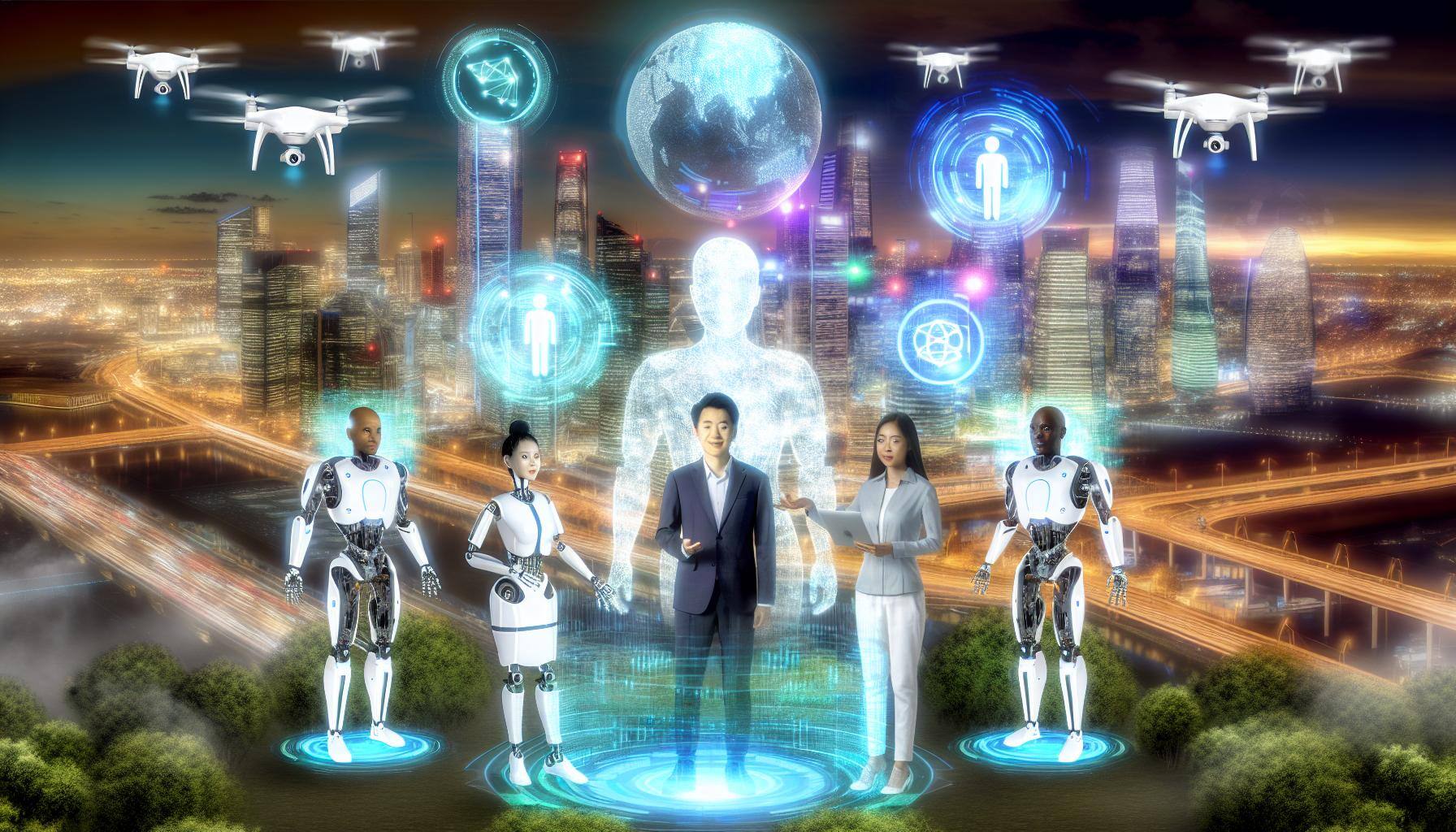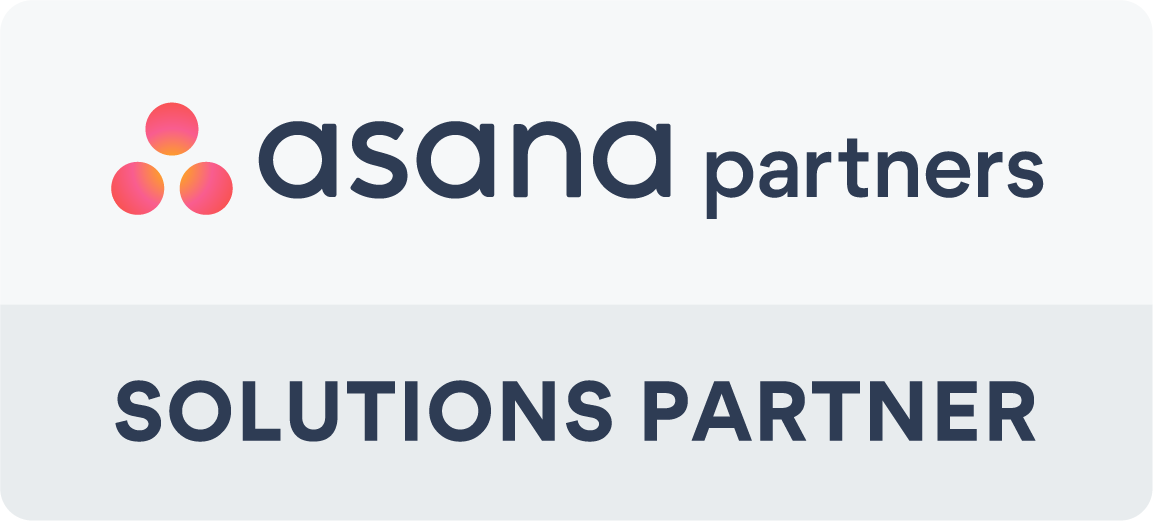As generative AI tools gain momentum, industries and workforces are anticipating significant transformations. According to McKinsey's latest annual survey on AI, the adoption and impact of these tools are growing at an unprecedented pace.
Generative AI's Growing Influence
In less than a year since their debut, generative AI (gen AI) tools have been embraced by organizations across various sectors. A striking one-third of survey respondents report that their companies are using gen AI regularly in at least one business function. This rapid adoption extends to the executive level, with nearly a quarter of C-suite executives personally utilizing gen AI tools for work. Additionally, more than a quarter of companies with AI adoption have gen AI on their board’s agenda. The enthusiasm for these technologies is evident, with 40% of respondents indicating plans to increase AI investment due to gen AI advancements.
Early Days Yet Widespread Usage
The survey, conducted in mid-April 2023, highlights that despite gen AI's recent introduction, its usage is already widespread. A significant 79% of respondents have had some exposure to gen AI, either for work or personal use, and 22% are regular users in their professional roles. North America and the technology sector report the highest levels of usage. Furthermore, one-third of respondents state that their organizations use gen AI regularly, with marketing and sales, product and service development, and service operations being the most common areas of application.
High Expectations for Industry Disruption
Expectations for gen AI’s impact are high. Three-quarters of respondents foresee significant disruption in their industries within the next three years. The technology and financial-services sectors are particularly poised for transformation. Previous research indicates that knowledge-intensive industries, such as banking, pharmaceuticals, and education, will experience substantial changes, whereas manufacturing sectors may see less disruption.
Addressing Gen AI Risks
Despite the rapid adoption, many organizations are not fully prepared for the risks associated with gen AI. Only 21% of respondents report having policies governing the use of gen AI. Inaccuracy, cybersecurity, and regulatory compliance are top concerns, with inaccuracy being the most frequently cited risk. However, only 32% of respondents say their organizations are mitigating this risk, highlighting a gap in risk management practices.
Leading the Way: AI High Performers
Organizations that have already integrated AI capabilities—termed AI high performers—are at the forefront of gen AI adoption. These companies are utilizing gen AI in more business functions, particularly in product and service development and risk management. Unlike their peers, high performers focus less on cost reduction and more on creating new revenue streams and enhancing existing offerings with AI-based features.
Shifting Talent Needs and Workforce Impacts
AI adoption is reshaping organizational roles and workforce requirements. Data engineers, machine learning engineers, and AI data scientists remain in high demand. However, the emergence of roles like prompt engineers reflects the evolving skill sets needed alongside gen AI adoption. Looking ahead, respondents predict significant workforce reskilling efforts, with high performers expecting to reskill larger portions of their workforce compared to others.
Steady AI Adoption Despite Gen AI Surge
While gen AI tools are rapidly spreading, overall AI adoption remains steady. About 55% of organizations have adopted AI, with product and service development and service operations being the primary areas of application. The survey suggests that there is still considerable room for organizations to capture AI's full value, as only 23% of respondents attribute at least 5% of their EBIT to AI.
Conclusion
McKinsey’s latest survey underscores the transformative potential of generative AI across industries. As organizations continue to explore and integrate these tools, addressing associated risks and preparing the workforce for new roles will be crucial. The path forward involves balancing innovation with strategic risk management to fully harness the benefits of AI.
For more detailed insights and data, download the full McKinsey report here.





